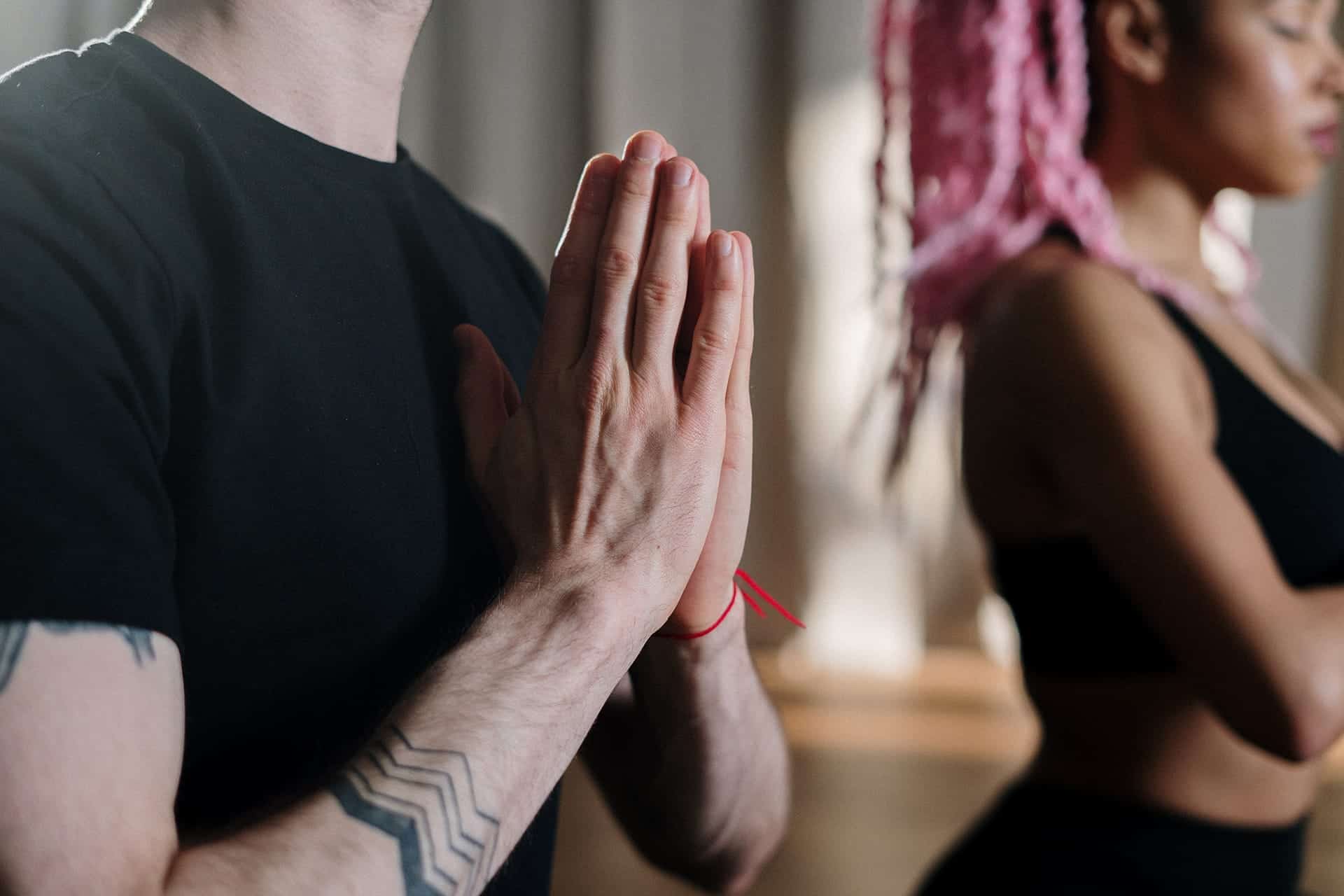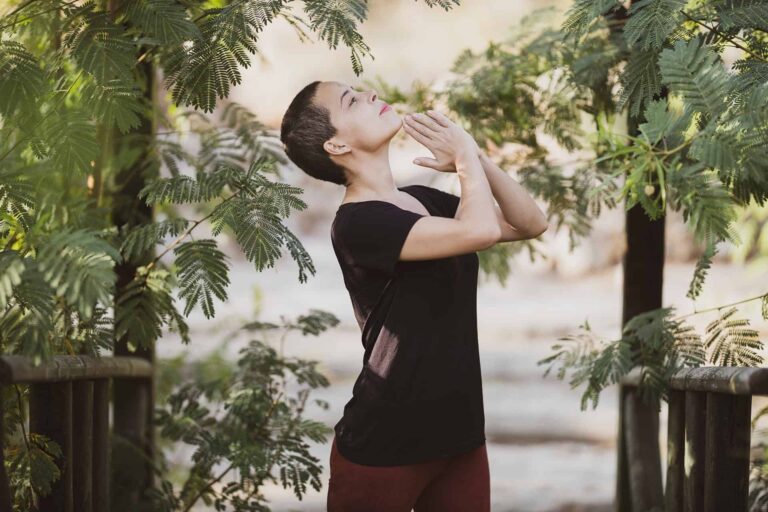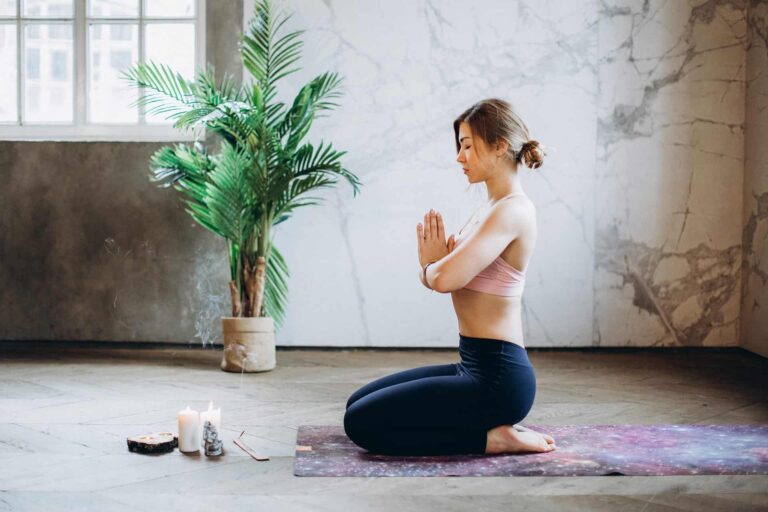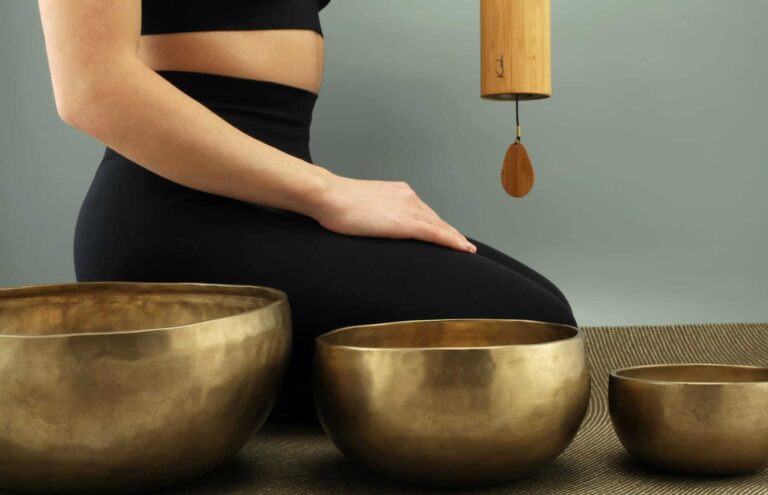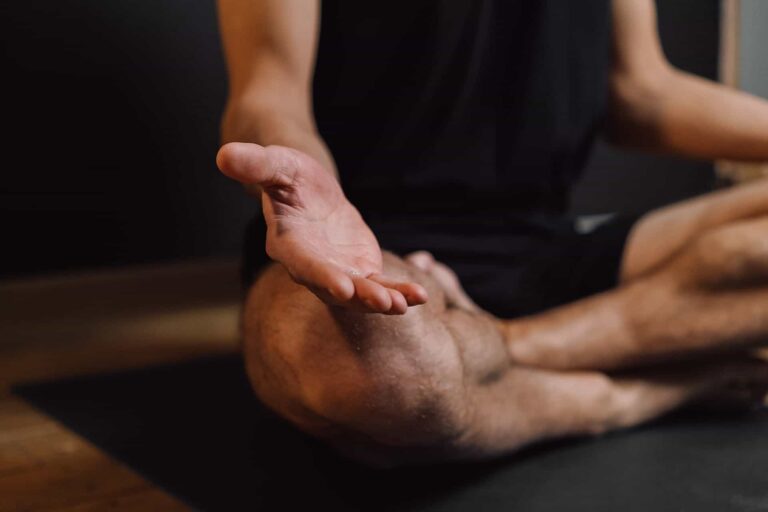What are the Different Types of Meditation?
Meditation, an ancient practice with roots in various spiritual and cultural traditions, has gained widespread popularity for its numerous health and wellness benefits. While the overarching goal of meditation is often to cultivate mindfulness and inner peace, there are various types of meditation, each offering a unique approach and focus. Here are some of the different types of meditation and the distinct benefits they bring. Try a few and fit them to you and your personality.
Eight Types to Consider
1. Mindfulness Meditation:
Mindfulness meditation, rooted in Buddhist traditions, is perhaps one of the most well-known forms of meditation. It involves paying non-judgmental attention to the present moment, observing thoughts and sensations without attachment. Benefits include improved focus, reduced stress, increased self-awareness, and enhanced emotional regulation.

2. Loving-Kindness Meditation (Metta):
Metta meditation, originating from the Buddhist tradition, centers on cultivating feelings of love and compassion toward oneself and others. Practitioners typically repeat phrases or affirmations that express well-wishing and goodwill. It fosters within you compassion, reduces negative emotions, enhances a sense of connection with others, and promotes overall emotional well-being.
3. Transcendental Meditation (TM):
TM is a mantra-based meditation technique where practitioners repeat a specific mantra silently. This form of meditation aims to transcend ordinary thought and access a state of deep restful awareness. It’s been shown to provide stress reduction, improved focus, increased creativity, and enhanced overall well-being.

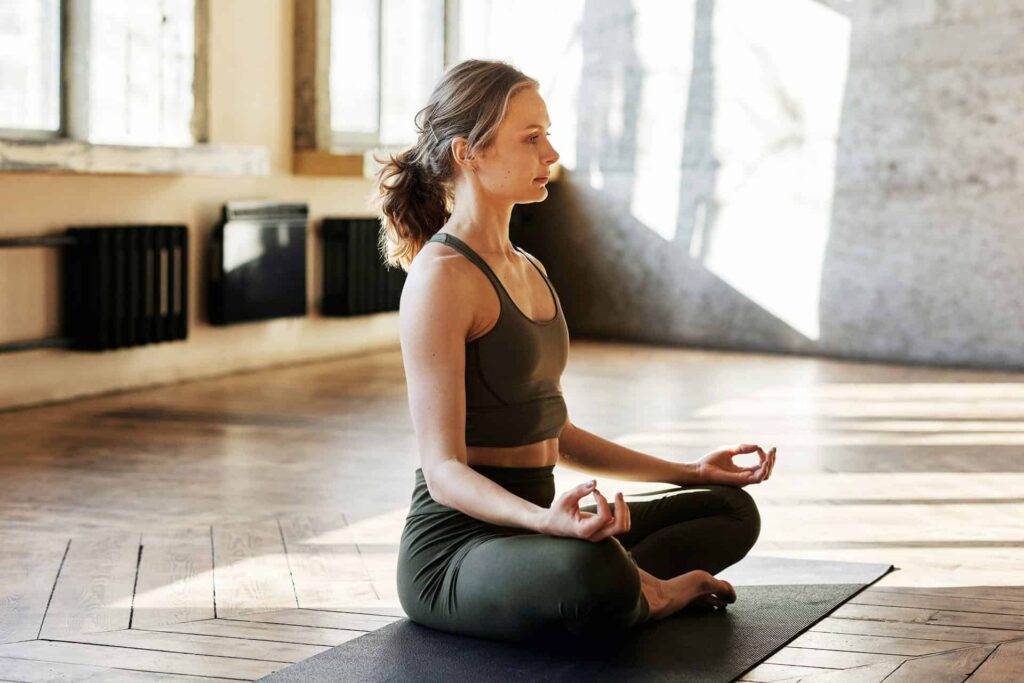
Meditation Should be a Daily Joy
4. Body Scan Meditation:
This mindfulness-based practice involves directing focused attention to different parts of the body, systematically scanning for sensations, and bringing awareness to physical experiences. Benefits are stress relief, improved body awareness, and relaxation.
My work with Joyce M. Jackson has been consistently compassionate, perceptive, targeted, efficient and life-changing. Joyce stands out among the hypnotherapists I have consulted for her ability to reach both the rational mind and the unconscious, and to draw usable connections between what I recalled under hypnosis and ongoing patterns in my current life. She deftly guided me through rewriting limiting conclusions I had drawn as a child into positive, expansive and supportive choices. I wholeheartedly recommend her.
Kathy B.
5. Zen Meditation (Zazen):
Rooted in Zen Buddhism, Zazen involves seated meditation with a specific focus on posture and breath. Practitioners aim to observe thoughts without attachment and cultivate a sense of presence. Regular practice leads to increased awareness, improved concentration, and a sense of inner peace.
6. Guided Meditation:
In guided meditation, practitioners follow the guidance of a teacher, either in person or through audio recordings. The guide may lead participants through visualizations, affirmations, or relaxation exercises. This is particularly accessible for beginners, helps in relaxation, stress reduction, and often targeted towards specific goals like improved sleep or increased confidence.
Physical Meditation Outdoors has Benefits
increased confidence.
7. Movement-Based Meditation (Tai Chi, Qigong):
Unlike traditional seated meditation, movement-based practices involve slow, deliberate movements coordinated with breath. Tai Chi and Qigong are examples of meditative movement practices. It provides improved balance, flexibility, reduced stress, and enhanced mind-body connection.
8. Vipassana Meditation:
Vipassana, meaning “clear seeing,” is an ancient meditation practice that involves observing the sensations within the body without reaction. It often includes long silent retreats. You’ll feel increased self-awareness, deep insight into the nature of the mind, and emotional healing.

The beauty of meditation lies in its diversity, allowing individuals to choose a practice that resonates with their preferences and goals. Whether you prefer the stillness of mindfulness, the loving-kindness of Metta, or the movement of Tai Chi, the key is to explore different types and find the one that aligns with your needs and preferences. Consider experimenting with various practices and, if possible, seek guidance from experienced practitioners or meditation teachers to deepen your understanding and experience of meditation. Ultimately, the journey into meditation is a personal one, offering a path to greater self-discovery, inner peace, and overall well-being.
If you’d like to discuss which method might be best for you, book a free 15 minute consultation with Joyce by Clicking Here. Joyce is a psychic medium, life coach, hypnotherapist, past life regression expert, and shamanic practitioner. You can find out more about her at The Sane Psychic and by Clicking Here

